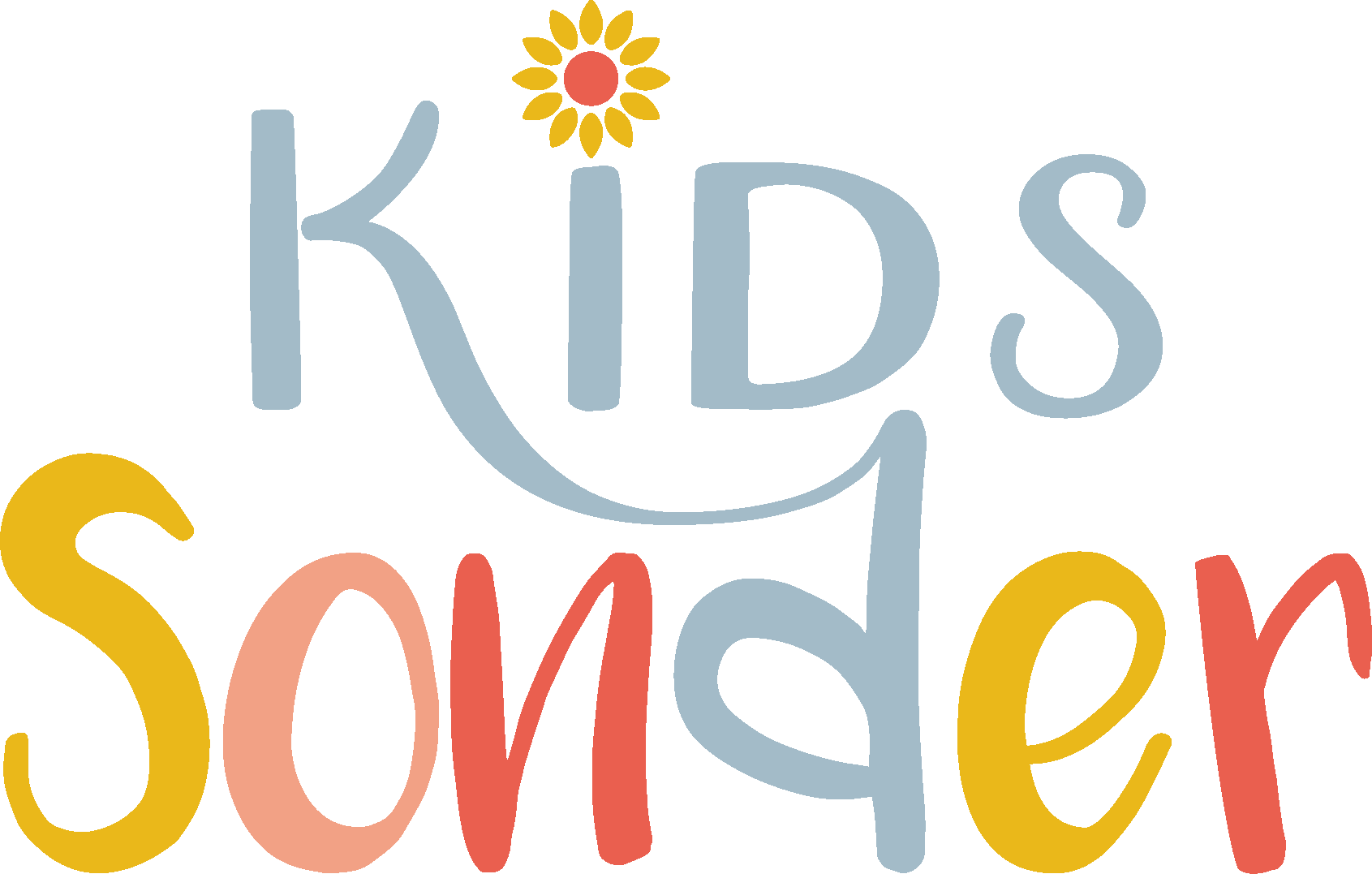May is National Egg Month—a perfect time to crack open some new learning opportunities! Eggs are more than just a breakfast staple—they're a gateway to understanding food systems, animal science, nutrition, biology, and even business. Whether you’re teaching at home, leading a 4-H group, or looking for a way to add agriculture to your curriculum, eggs offer a simple but powerful starting point.
At the Agriculture Unboxed Shop, we believe in helping kids connect with where their food comes from—and eggs are a great way to do just that. Here are some fun, educational ideas to celebrate National Egg Month with kids ages 9–18.
1. Learn the Parts of the Egg
Eggs may look simple, but they’re full of interesting structures like the shell, chalazae, albumen, and yolk. Exploring these parts helps kids build foundational science skills while learning about food and biology.
🧠 Try This Activity:
Crack an egg into a bowl and label the parts. Use a magnifying glass to examine the shell or membranes. Ask: What protects the developing chick? What’s edible? What are the gooey structures by the yolk? Where does the chick develop from? What is the part that always sticks to a hard boiled egg? Why is there a dent in a hard boiled egg?
🔍 Helpful Resource:
Our Parts of the Egg Diagram in the Eggsploration: Egg Parts and Formation printable unit breaks everything down in a clear, visual way for kids to explore.
2. Explore the Chicken Lifecycle
Understanding where eggs come from naturally leads to the lifecycle of the laying hen. From hatchling to adult hen, each stage teaches biology, responsibility, and even basic animal care.
🧠 Try This Activity:
Create a chicken lifecycle wheel or timeline. Add facts about how long it takes a chick to develop inside the egg and grow into a laying hen.
🔍 Helpful Resource:
The Introduction to Chickens printable PDF helps set the stage for deeper lifecycle exploration.
3. Investigate Egg Nutrition & Cooking
Eggs are a protein-packed, nutrient-rich food that’s easy to connect to real-life nutrition lessons. They also offer a chance to explore food preparation, kitchen science, and cultural traditions.
🧠 Try This Activity:
Compare nutrition labels of egg dishes (scrambled eggs vs. baked goods). Talk about how cooking changes the egg’s texture and structure.
🔍 Helpful Resource:
Pair this with a Milk Taste Test or other food science activities to compare animal-based foods and understand their role in a healthy diet.
4. Study Egg Incubation & Embryology
For older kids or classrooms doing chick hatching, May is a great time to explore embryology. Incubation projects build skills in observation, patience, and care.
🧠 Try This Activity:
Track chick development using an incubation calendar. Candle eggs to see changes, and journal daily observations.
🔍 Helpful Resource:
Our Chick Incubation Blog Post and Successful Chick Incubation Resource Guide help parents and educators feel confident and prepared to guide a hatch project.
5. Build Chicken Knowledge with Breeds and Terms
Eggs don’t just come from one kind of chicken! Kids can learn about different laying breeds, poultry terminology, and how farmers select birds for productivity, temperament, and appearance.
🧠 Try This Activity:
Create a chicken breed chart comparing egg color, personality, and size. Add photos or drawings for a colorful display.
🔍 Helpful Resource:
Our Chicken & Turkey External Anatomy & Breeds course explores key characteristics and differences in an engaging format perfect for beginner learners.
6. Add Some Creative Fun
Eggs can inspire creative writing, art, or even math lessons. From designing their own chicken coop to calculating how many eggs a hen lays in a year, the learning possibilities are endless.
🧠 Try This Activity:
Challenge kids to design their own chicken coop or write a day-in-the-life story from a hen’s perspective.
🔍 Helpful Resource:
The Happy Chicken Coop Plan course teaches the basics of what a flock needs—and uses the Engineering Design Process to help kids plan their own coop.
Wrap-Up
Eggs are an everyday item that can lead to extraordinary learning. From science and nutrition to animal care and creative thinking, teaching about eggs is a fun way to celebrate National Egg Month and explore agriculture with kids.
👉 Ready to get started? Browse our chicken and egg resources in the Agriculture Unboxed Library—they’re perfect for kids ages 9–18 and beginner/intermediate agriculture learners.
Read these Blogs:








